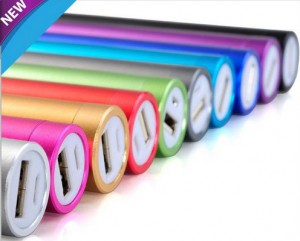 Japanese engineers claim that they can raise in 10 times the capacity of lithium-ion batteries. It is expected that manufacturers will be able to start the commercial production of a new type of battery in 3-4 years.
Japanese engineers claim that they can raise in 10 times the capacity of lithium-ion batteries. It is expected that manufacturers will be able to start the commercial production of a new type of battery in 3-4 years.
The Japanese company Shin-Etsu Chemical has developed a technology that allows increase the capacity of mobile devices’ batteries in 10 times, reports CNet with reference to the Japanese publication Nikkei.
So the battery capacity of 18650 format, manufactured by the technology developed by Shin-Etsu Chemical can reach 30,000 mah.
The essence of technology is in the replacement of graphite on silicon material, in lithium-ion batteries. More information the company did not provide.
According to CNet, thanks to this new technology, electronic devices will be able to work on a single charge up to 10 days, whereas currently in active operation mode they work only one or two days.
The new material is more expensive than graphite, however, “this breakthrough will save users from charging their gadgets every day or every two days, so in comparison, the price of the “new technology” is not so high” the Nikkei said.
According to in Shin-Etsu Chemical, in addition to batteries for electronics, the new material can be used in batteries for electric vehicles, the commercial production new battery type, will start after just a couple of years.
Shin-Etsu Chemical – founded in 1926, the largest chemical company in Japan engaged in the production of polymers and products of silicon for the semiconductor industry, photoresists, artificial quartz and other materials. With a market capitalization of $ 28.7 billion and annual sales of $ 12.7 billion, the company occupies 450 th place in the list of the 2,000 largest companies in the world according to Forbes magazine.
Rechargeable batteries – one of the most pressing areas for engineers of different companies. For example, in April 2013, the developers of an American start-ups have announced that they improved the properties of the electrodes of lithium-ion batteries, and increased their capacity by 30%.